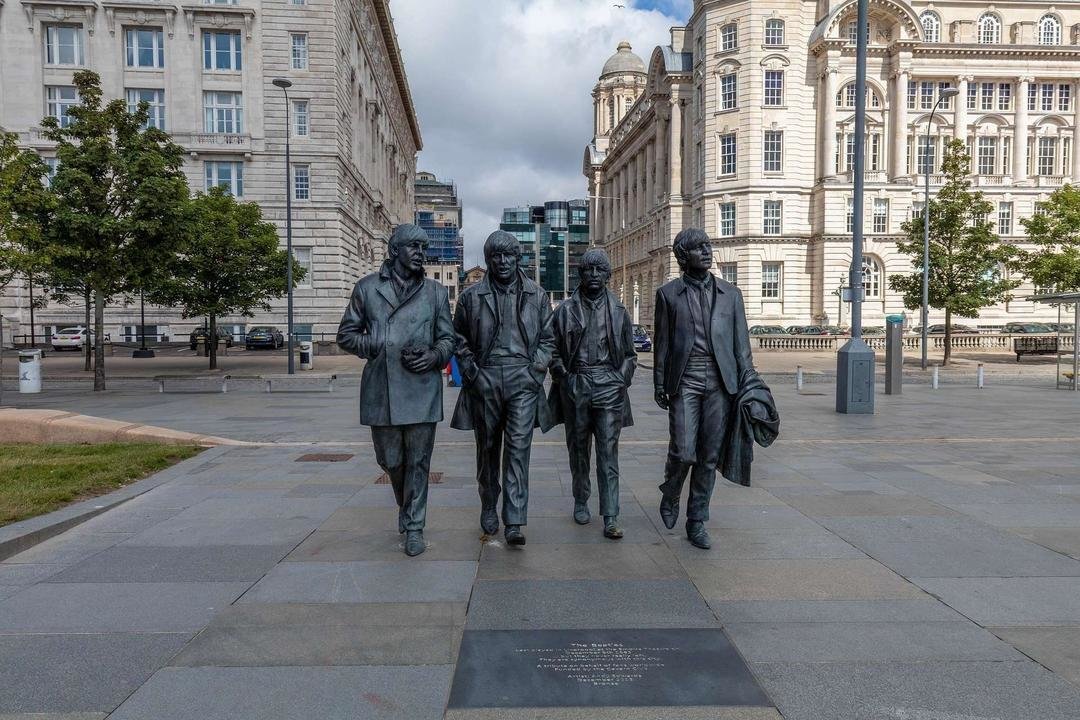Impuestos y Beatles, por Carlos Rodríguez Braun

Ahora que estamos en plena Campaña de la Renta, conviene recordar que los impuestos tienen una antigua historia, y a menudo sucede que lo que se nos presenta como novedoso, en realidad no lo es. Por ejemplo, la progresividad fiscal y el castigo a los más ricos.
En 1966, Los Beatles incluyeron en su álbum “Revolver” una canción sobre los impuestos que se haría muy famosa en todo el mundo. La había compuesto George Harrison y su título era “Taxman”. Atacaba la voracidad fiscal desde las primeras líneas, cuando el recaudador de impuestos le explica al infeliz contribuyente: “hay uno para ti, diecinueve para mi”.
Lo curioso del caso es que la frase no era una exageración, porque el gobierno laborista de Harold Wilson había establecido entonces en el Reino Unido un tipo marginal máximo en el impuesto sobre la renta del 95 por ciento. Hubo otros países también con porcentajes parecidos, incluidos los Estados Unidos. En España, el tipo marginal del tramo más elevado del impuesto sobre la renta en 1978 superaba el 65 por ciento.
Con el paso del tiempo esas cifras bajaron, y en la actualidad en los grandes países de Europa los máximos suelen ubicarse entre el 40 y el 50 %. Ahora bien, como la estructura del impuesto ha cambiado, por la reducción o eliminación de las desgravaciones, la rebaja no ha sido en realidad tan apreciable.
Y, lo más importante, el conjunto de la fiscalidad ha permanecido en un nivel sumamente elevado en las últimas décadas, y no es fácil que pueda cambiar, dado el volumen del gasto público. Más aún, en España hemos visto en 2021 que cada vez hay más personas de clase media y trabajadora que pagan más impuestos, como ha sucedido con miles de trabajadores acogidos a los ERTE y otras ayudas públicas durante la pandemia.
Es posible, sin embargo, que la resistencia ciudadana contra los impuestos dificulte la subida de la presión fiscal en el futuro. En ese caso, y por volver a George Harrison y Los Beatles, podríamos entonar su canción optimista y primaveral: “Here Comes the Sun”.
 Beatles & Carlos Rodríguez Braun
Beatles & Carlos Rodríguez Braun
Taxes and The Beatles
Carlos Rodríguez Braun
Now that we are in the midst of the Tax Campaign, it is worth remembering that taxes have an old history, and often what it is presented as innovative is actually not. For example, progressive taxation and punishing the richest.
In 1966, The Beatles included a song about taxes on their album “Revolver” that would become famous all around the world. It had been composed by George Harrison and was entitled “Taxman”. It attacked fiscal voracity from the opening lines, when the tax collector explains to the unhappy tax payer: “There's one for you, nineteen for me”.
The strange thing about it is that the phrase wasn´t an exaggeration, because the Labour government of Harold Wilson had then established a top marginal income tax rate of 95 percent in the United Kingdom. There were other countries that also had similar percentages, including the United States. In Spain, the marginal rate of the highest bracket for income tax was over 65 percent in 1978.
Over time, those figures fell, and at present in the big European countries, the maximum rates are normally between 40 and 50%. However, as the tax structure has changed, due to the reduction or elimination of deductions, the drop has not actually been so considerable.
And, most importantly, tax as a whole has remained at a very high level over recent decades, and it isn´t easy to change it, given the volume of public spending. Furthermore, in 2021 in Spain we saw that there are an increasing number of middle and working class people who pay more taxes, which was the case with thousands of workers who received Temporary Employment Regulation settlements and other public assistance during the pandemic.
However, it is possible that civic resistance to taxes will make it possible to increase tax pressure in the future. In that case, and to get back to George Harrison and The Beatles, we could sing his optimistic and springtime song: “Here Comes the Sun”.

